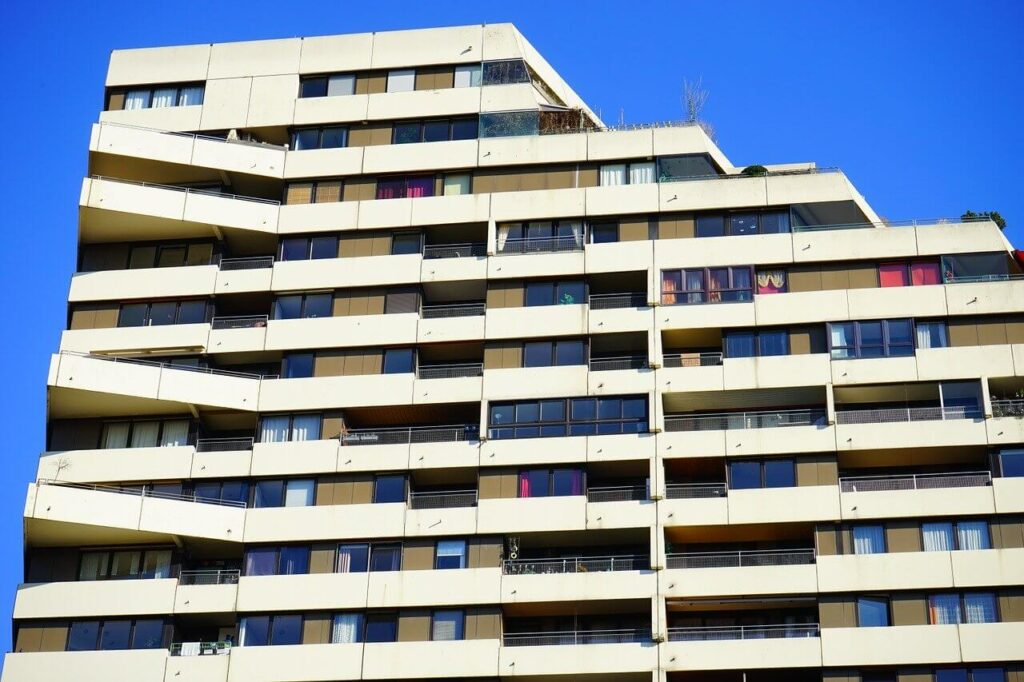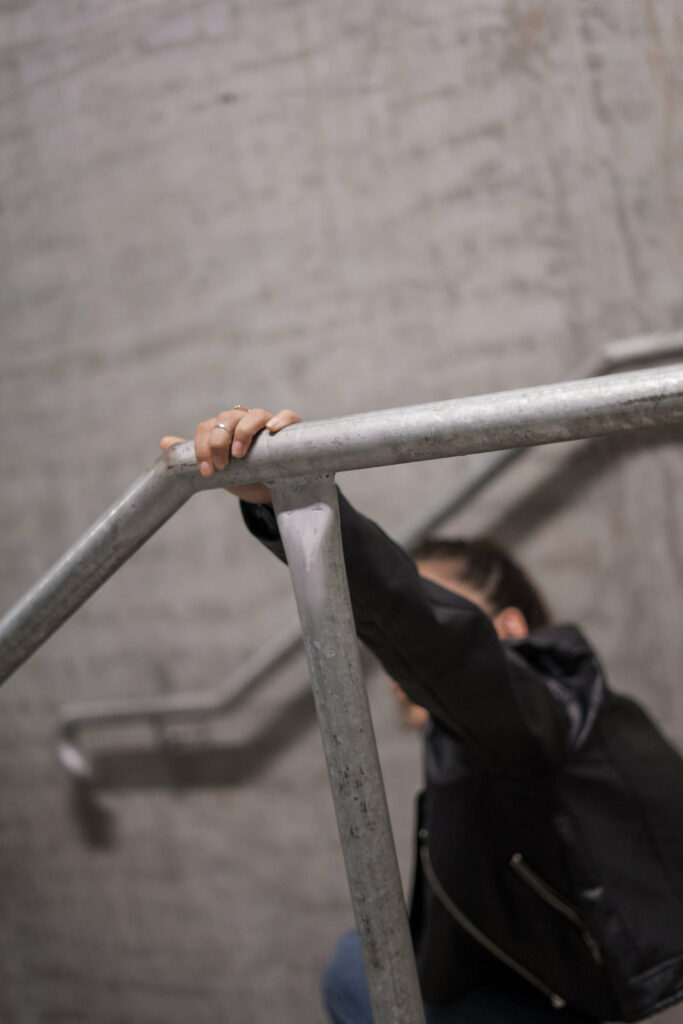SHARE
INFO
- DATE: 07-05-2020
- PLACE: Milano
COUNTRY OF PROVENANCE

Romania
RELATED ARTICLES

Anna, her work in social housing
Anna, who works in social housing therefore in close contact with people in situations of housing emergency, today can only work from home

Massimo and his experience as a psychologist in the COVID19 emergency
Sharing with others what you experience often serves to make sense of the experience itself. Massimo tells what he lived during the COVID19 emergency in the hospital.

Cesare called Tony and the citizenship challenge
Cesare called himself Tony. He is Mexican, but also Italian. He tries to get the citizenship despite his father – the great absent – is Italian.
Living in a housing emergency, the story of a Romanian family
Mom, dad and two daughters, one aged 17 and one aged just over 20, already married with a child, but without income. They come from a rural area of Romania and arrived in Italy a few years ago, like many others, in search of a better future. Their housing tutor recounts their experience as one of the positive ones, but still with an ending to write.
Social services reported to the social housing cooperative the situation of this family who lived on the poverty line. Only the dad works, he receives a salary of 1400 euros which in the hinterland of Milan is not enough to keep five people. The cooperative took them over.
Only the mother and the minor daughter could be accommodated in the shared two-room apartment. Therefore, the eldest daughter returned to Romania with the child, where her husband, with whom she has a seriously conflicting relationship, and the elderly grandmother were waiting for them. The father, to save on all sorts of rent, chose to live temporarily in the hut of a garden owned by his employer.
Usually a tutor is used to managing conflicts in homes: in the housing emergency, apartments are entrusted only to mothers and children, fathers remain outside, and tutors find themselves managing conflicts between, for example, fully covered Muslim mothers and South American mothers in shorts. Fathers are very different and perhaps attend the houses where his wife and children live and are not always comfortable with other “tenants”.
Cohabitation
The mom and daughter of this family have been placed in a two-room apartment, with a bathroom and a kitchen shared together with another Italian mom with two small children. Despite the extremely small spaces, fortunately the atmosphere that they managed to create at home was very positive. Tutors are usually used to managing conflicts, in this case it was not necessary.
The dad, however, could not be involved in the assistance program. To save all the money he earned as a farm labourer, he started living in a real shack. However, when the cold arrived, he risked getting seriously ill, a couple of times thieves tried to attack him at night, and he touched the nervous breakdown.
The eldest daughter, meanwhile, had returned to live in Romania with an abusive man from whom she has only managed to part ways in these days. The parents discovered mistreatment after her return to Romania and this was a further source of anguish in the distance. In addition, the tutor found that the mom was almost blind! The woman did not want to admit it because she hoped to still be able to find a job, but the tutor understood that it would be practically impossible and began to help her with the procedures for obtaining the invalidity.
The risk of illegality
The family was in a desperate situation and the parents at one point told their tutor that they wanted to get together, they could no longer live separately and in those conditions. Besides, the mother wanted to return to Romania to make sure her daughter was fine.
Nobody was willing to give them a mortgage or a rent. Indeed, the husband earns 1,400 euros a month and, for any bank or tenant, he does not give enough guarantees to be able to take such a risk. At the same time, those 1400 euros of income were too much to be able to obtain a public housing. Therefore, the family thought they would find a housing solution in a very degraded neighbourhood, a subletting of a public housing in illegality and, probably, in usury.
The tutor tried in every way to stop them and, due to a fortunate series of coincidences, an apartment of the cooperative was freed during that period. Theye recovered recycled furniture and immediately moved to the new house, paying a very low rent. This housing opportunity allowed the mother to return to Romania for about a month, to look after the eldest daughter and the little grandson, while her husband could take care of the youngest daughter at the home in Italy.
In Romania, the mother helped her daughter to continue with the divorce papers to separate from her abusive husband. This allowed her daughter to devote herself to looking for a job in Italy in the hope of a future family reunion. Her daughter found work in Italy, but a stable home is still missing.
The mother, father, and youngest daughter nucleus, to date, is reunited, it is much more serene, but it must nonetheless continue to seek a stable housing solution, since the current situation is once again temporary.

Quarantine
The family had gone from the “high” to the “medium fragility range”, that is, from a situation of extreme discomfort to a more positive situation, in which the whole family was gathered under the same roof and was able to cope with the rent, although it was always counting on a single income.
With the coronavirus emergency, however, the parents entered a deep anxiety. The media had an incredible emotional hold on them, and the mother was afraid that everyone would die. They tried to keep the virus hidden from their seventeen-year-old daughter to protect her, but she was the only one able to run errands. After some time, the dad started working part-time again, but with what he earns, he finds it very difficult to pay even the rent.
For now this family remains out of any state subsidy: the dad has not lost his job, even if he is on layoffs and has not yet received the salary of April, but the aid goes mostly only to those who have become unemployed. The family does not have the requirements to be entitled to Caritas food parcels and to access “shopping vouchers”. Therefore, it now navigates again in the uncertainty of finding a stable housing possibility within the terms of the expiry of the existing contract.
What can the future be? We should make these families more competent in terms of technology and propose a computer school in addition to the Italian one. Even if they want to request subsidies, these people are not “technologically” competent and the operators’ fatigue increases, especially in this period in which you cannot meet face-to-face.

